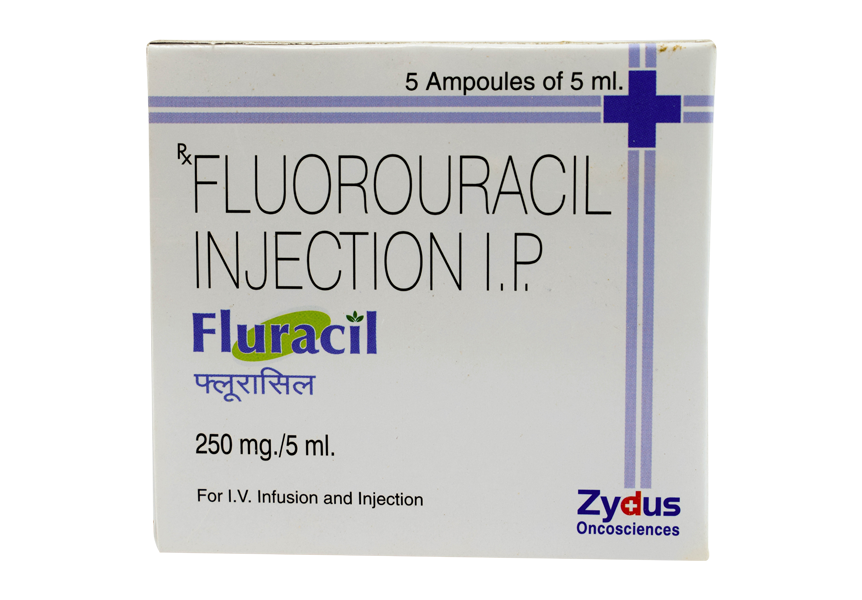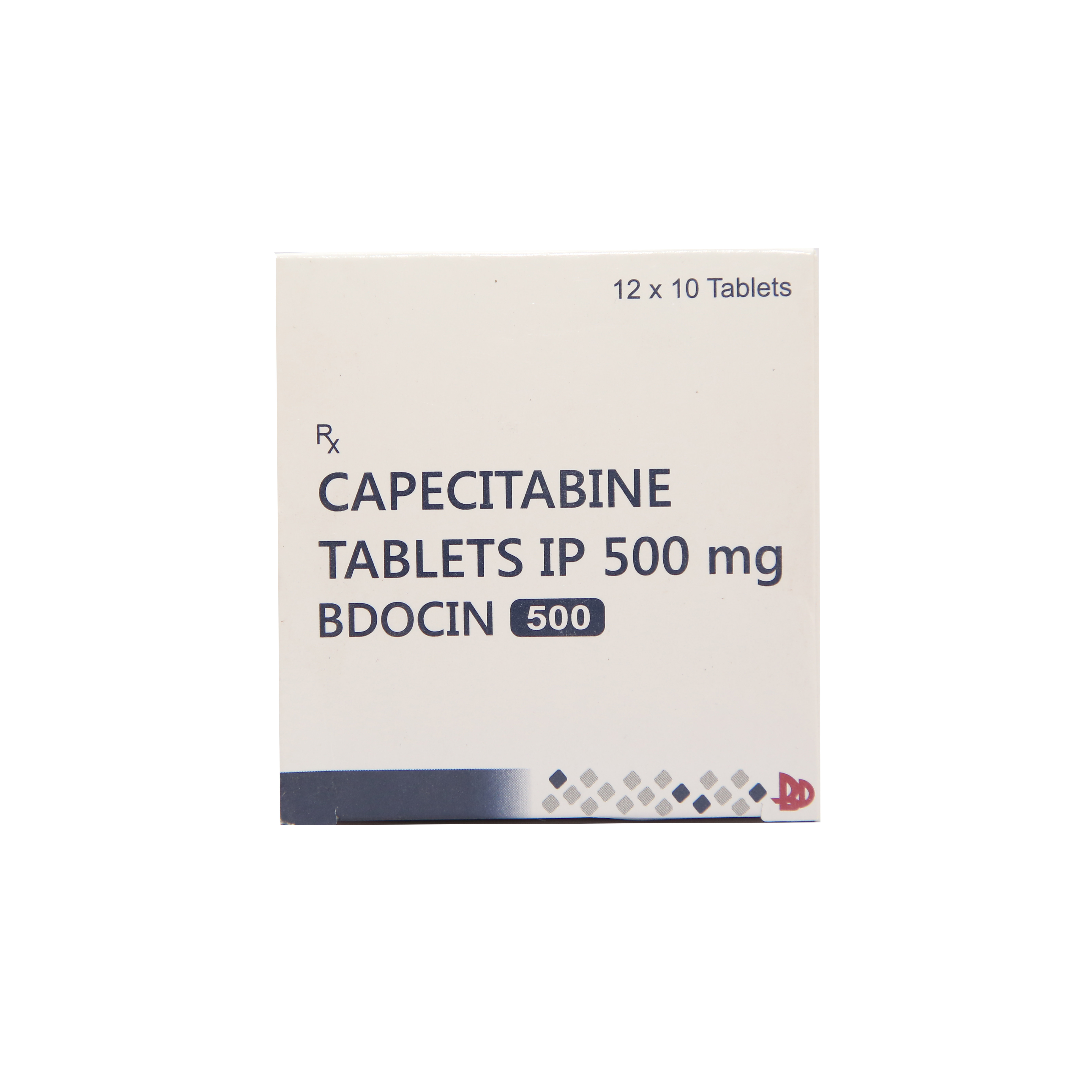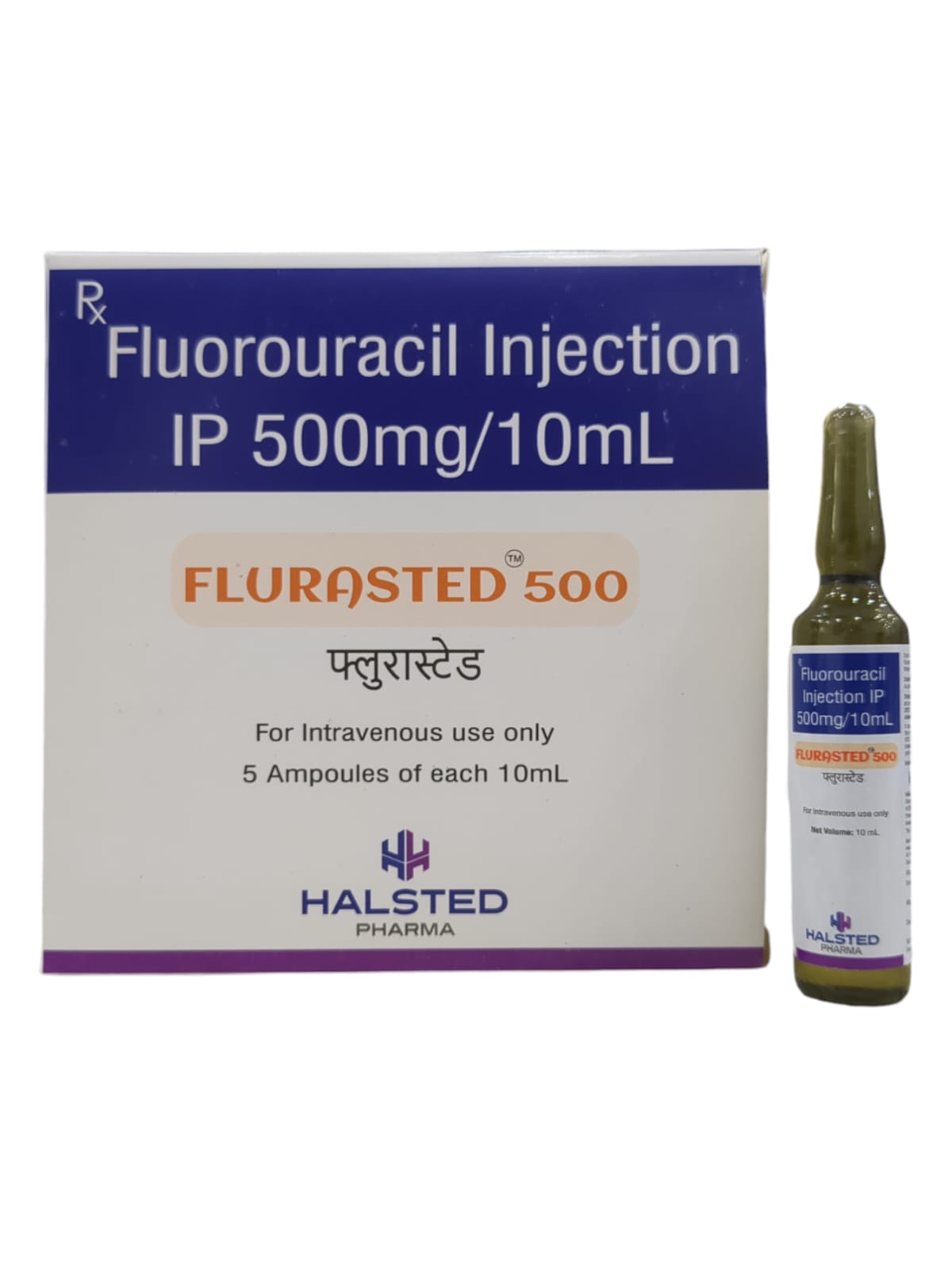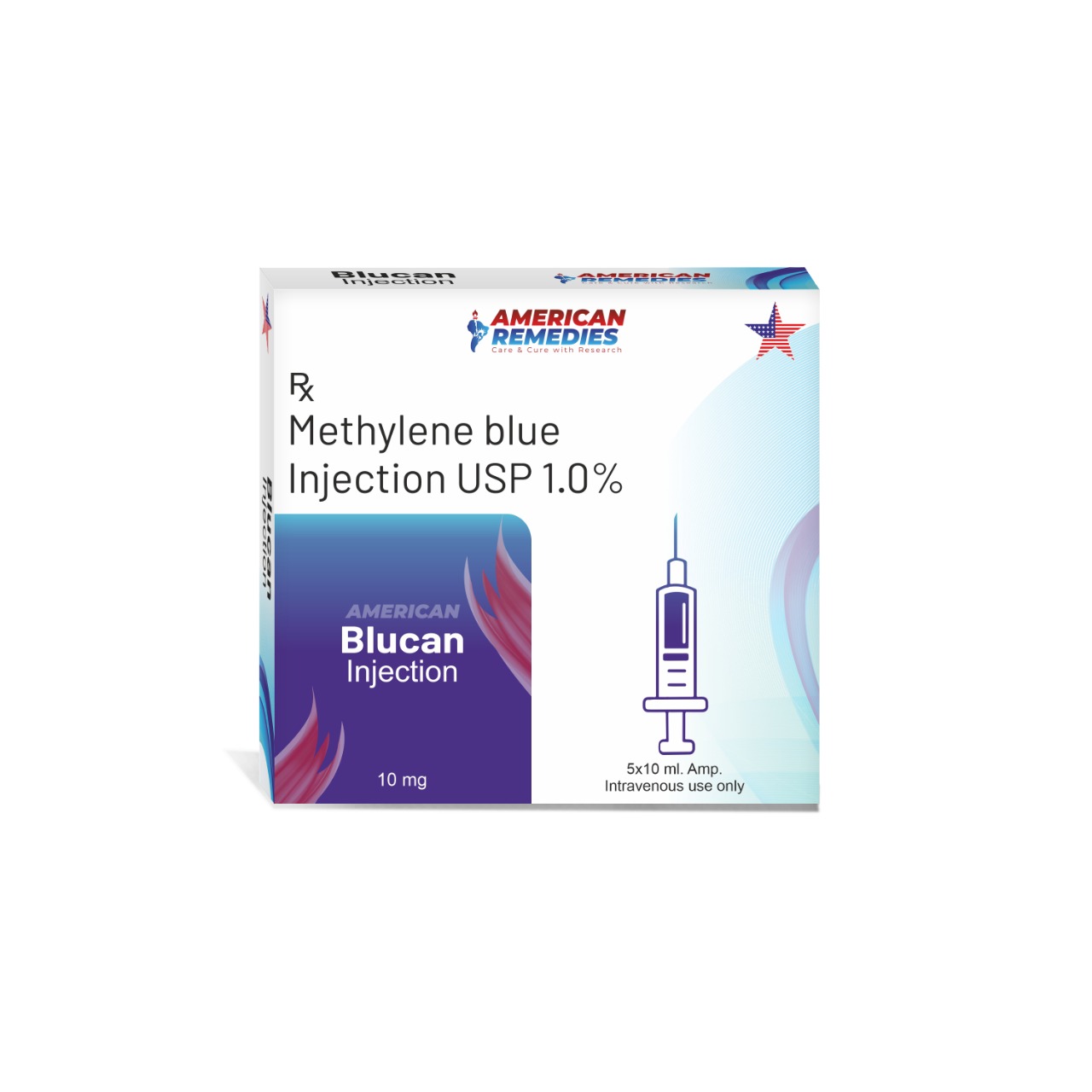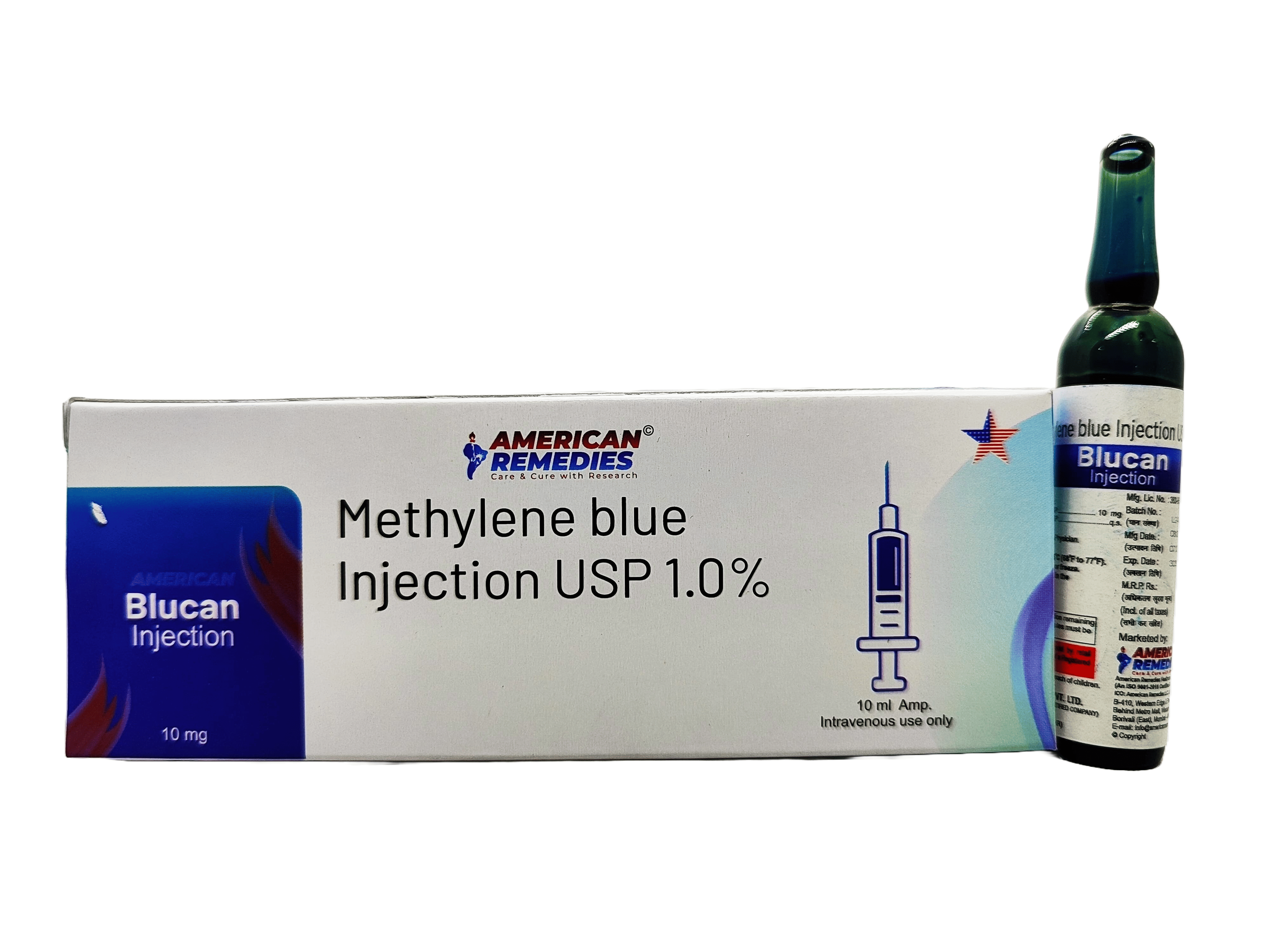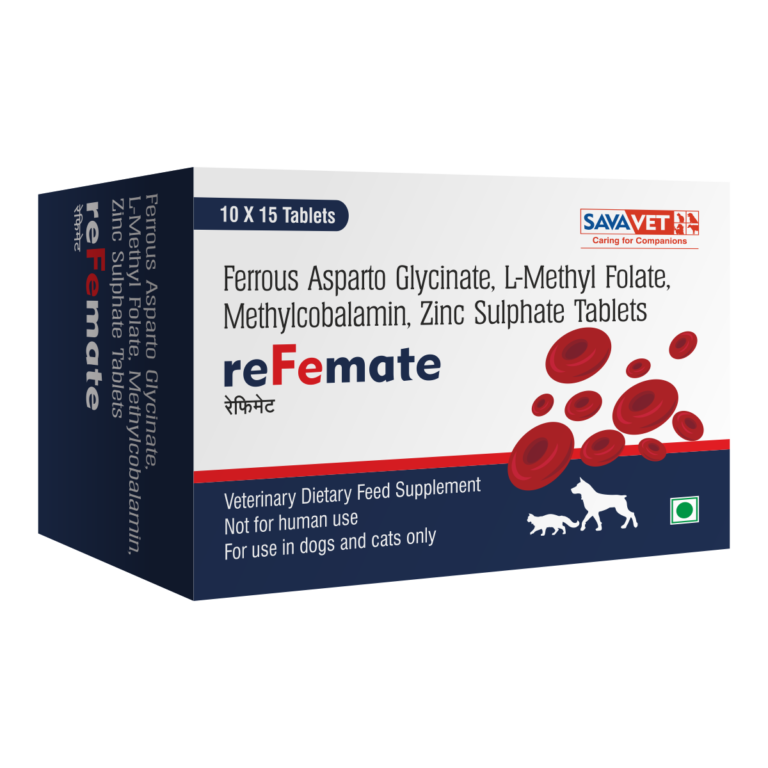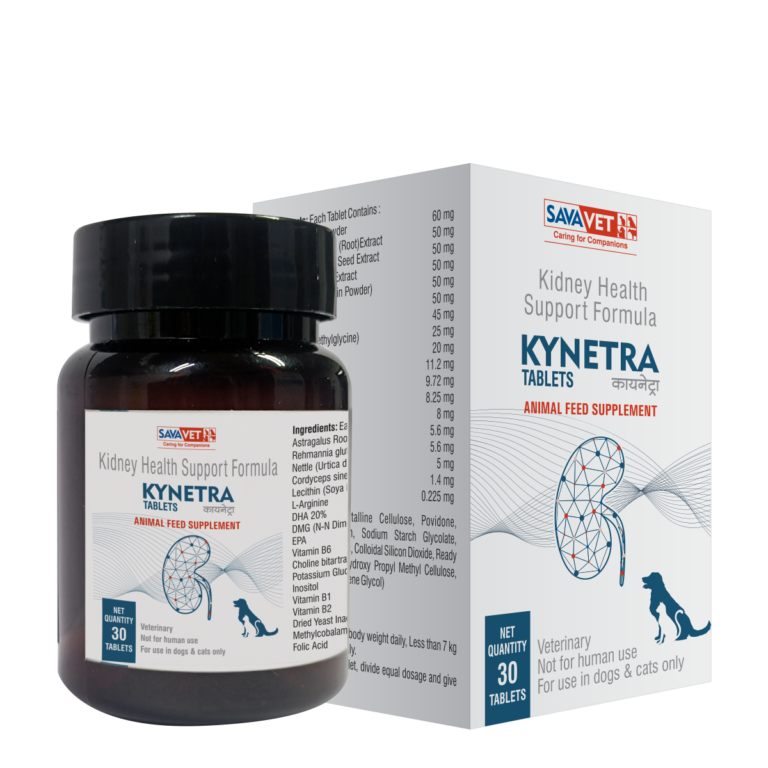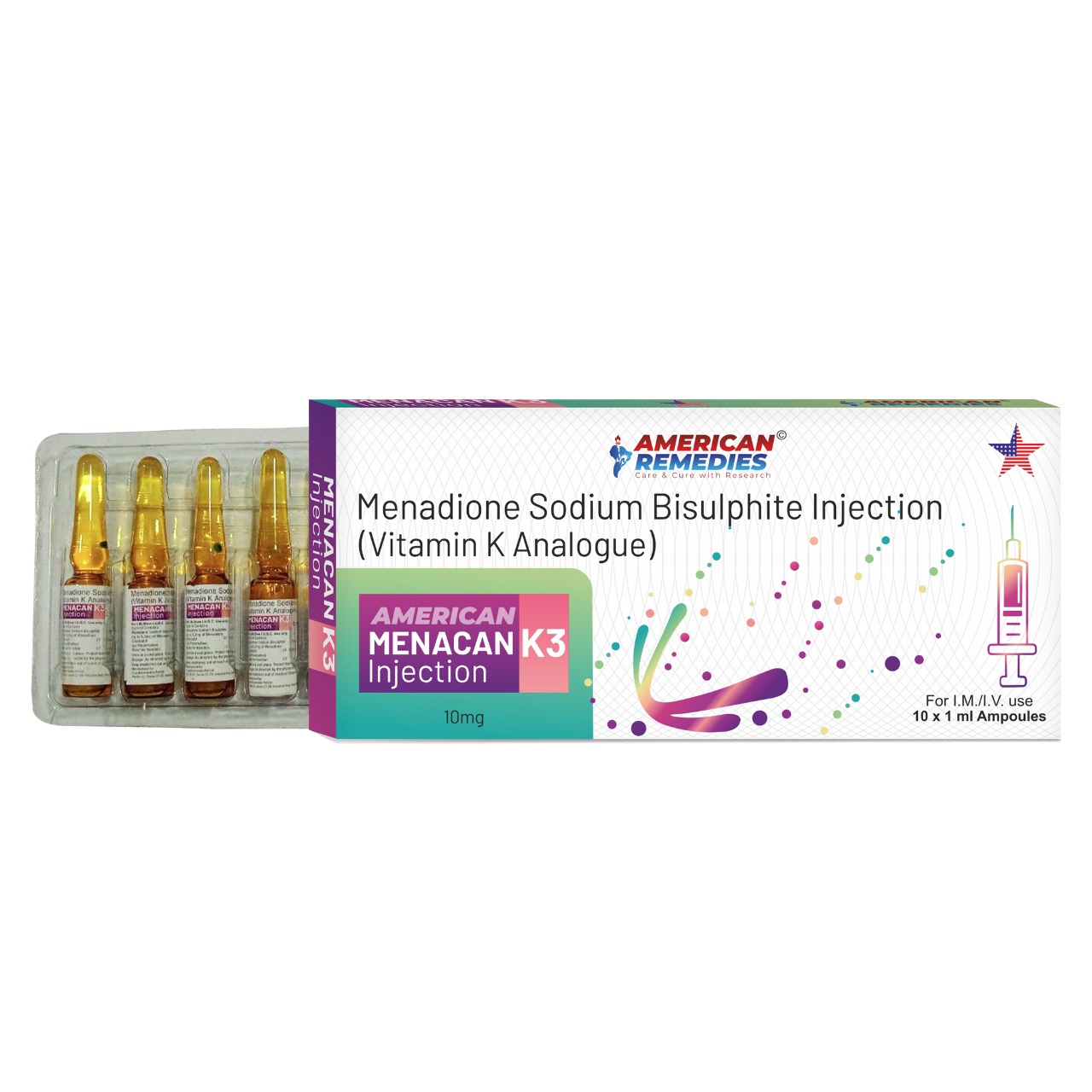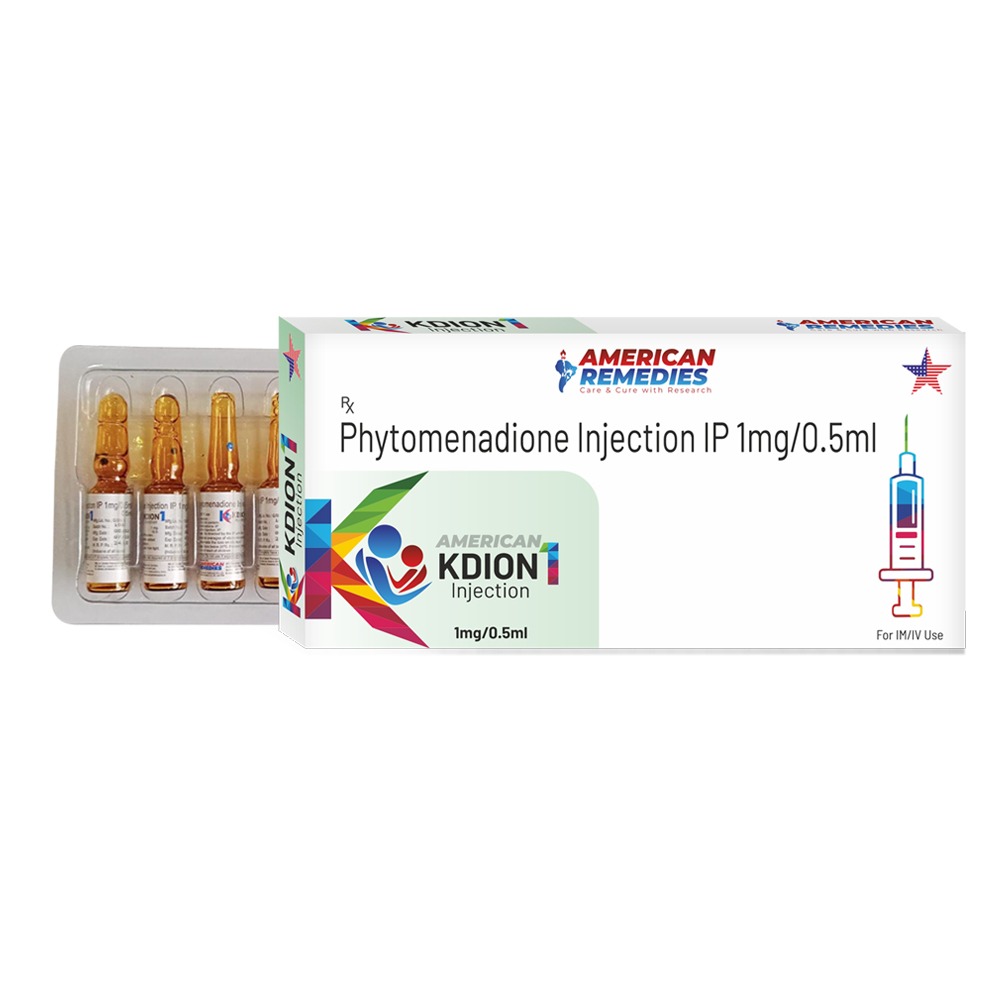FLURACIL 250MG INJECTION contains Fluorouracil, which belongs to a group of medicines called Nucleoside metabolic inhibitors. FLURACIL 250MG INJECTION is used to manage cancer involving the breast, oesophagus, stomach, colon, rectum, pancreas, prostate, ovary, bladder, and head and neck cancer. FLURACIL 250MG INJECTION should not be used in patients with serious infections (for example, Herpes zoster or chickenpox), non-malignant tumours, poor nutrition, weakened immunity due to long illness, damaged bone marrow due to other antineoplastics or radiotherapy, severe liver disease, or homozygotic or complete deficiency of dihydropyrimidine dehydrogenase (DPD) enzyme. FLURACIL 250MG INJECTION should be used with caution in patients with decreased blood cells, oral ulcers, fever or haemorrhage at any site or weakness (due to decreased blood cells), kidney or liver problems like jaundice (yellowing of the skin) or heart problems like chest pain, reduced activity or deficiency of the enzyme DPD (dihydropyrimidine dehydrogenase), had high-dose radiation to pelvic, spine, ribs, metastatic tumours with involvement of bone marrow, severe bone marrow suppression include neutropenia, thrombocytopenia, and anaemia, viral, bacterial, fungal and/or parasitic infections, encephalopathy, gastrointestinal side effects like stomatitis, diarrhoea, bleeding from the G.I. tract or haemorrhage at any site, family history of partial or complete deficiency of the enzyme dihydropyrimidine dehydrogenase (DPD), had recent major surgery.
Send Message